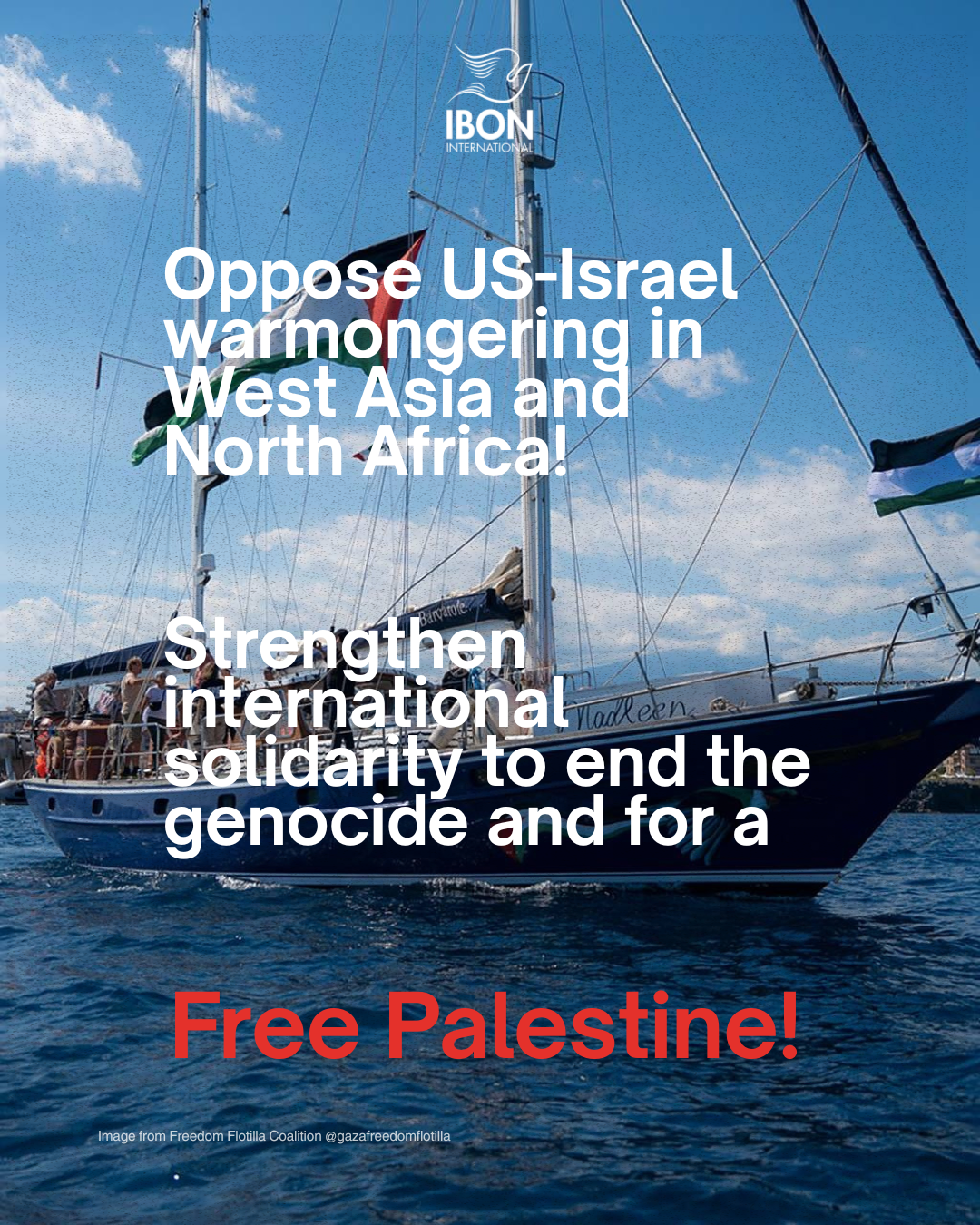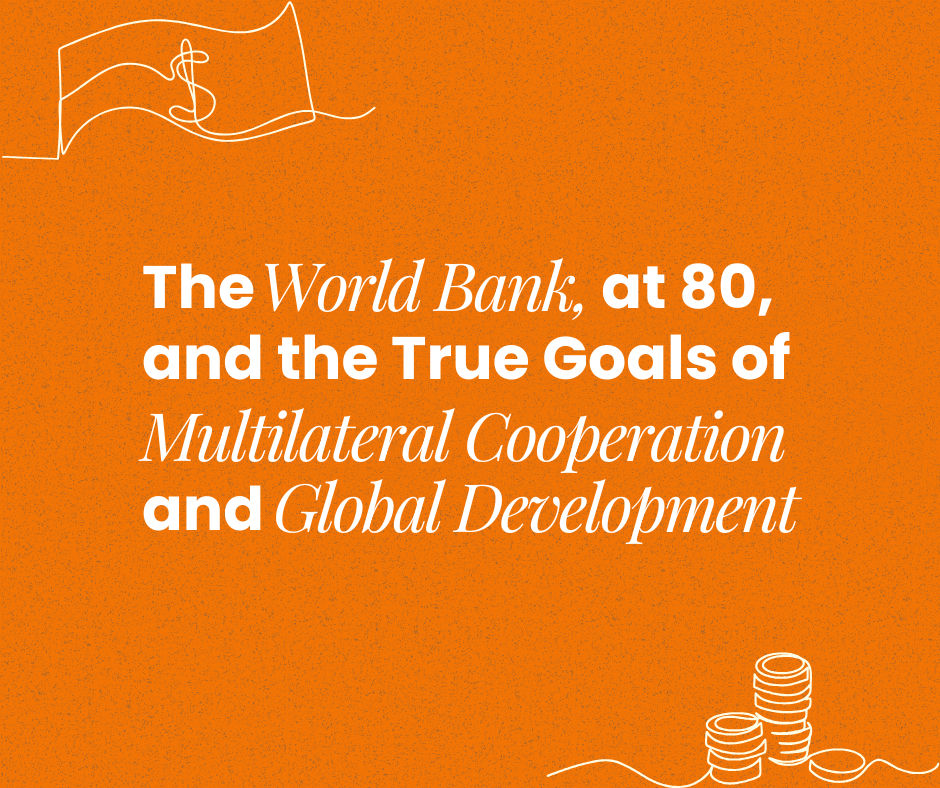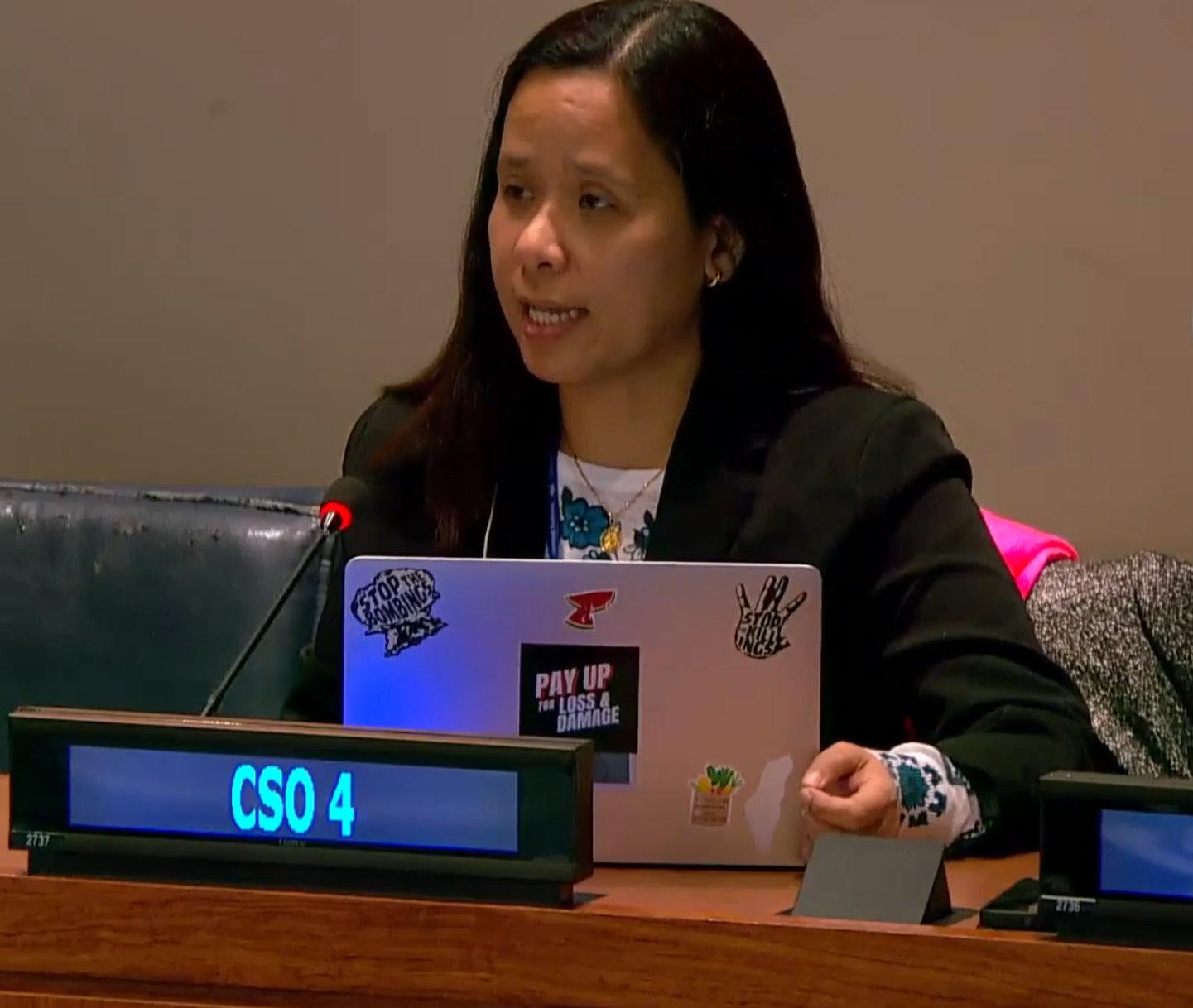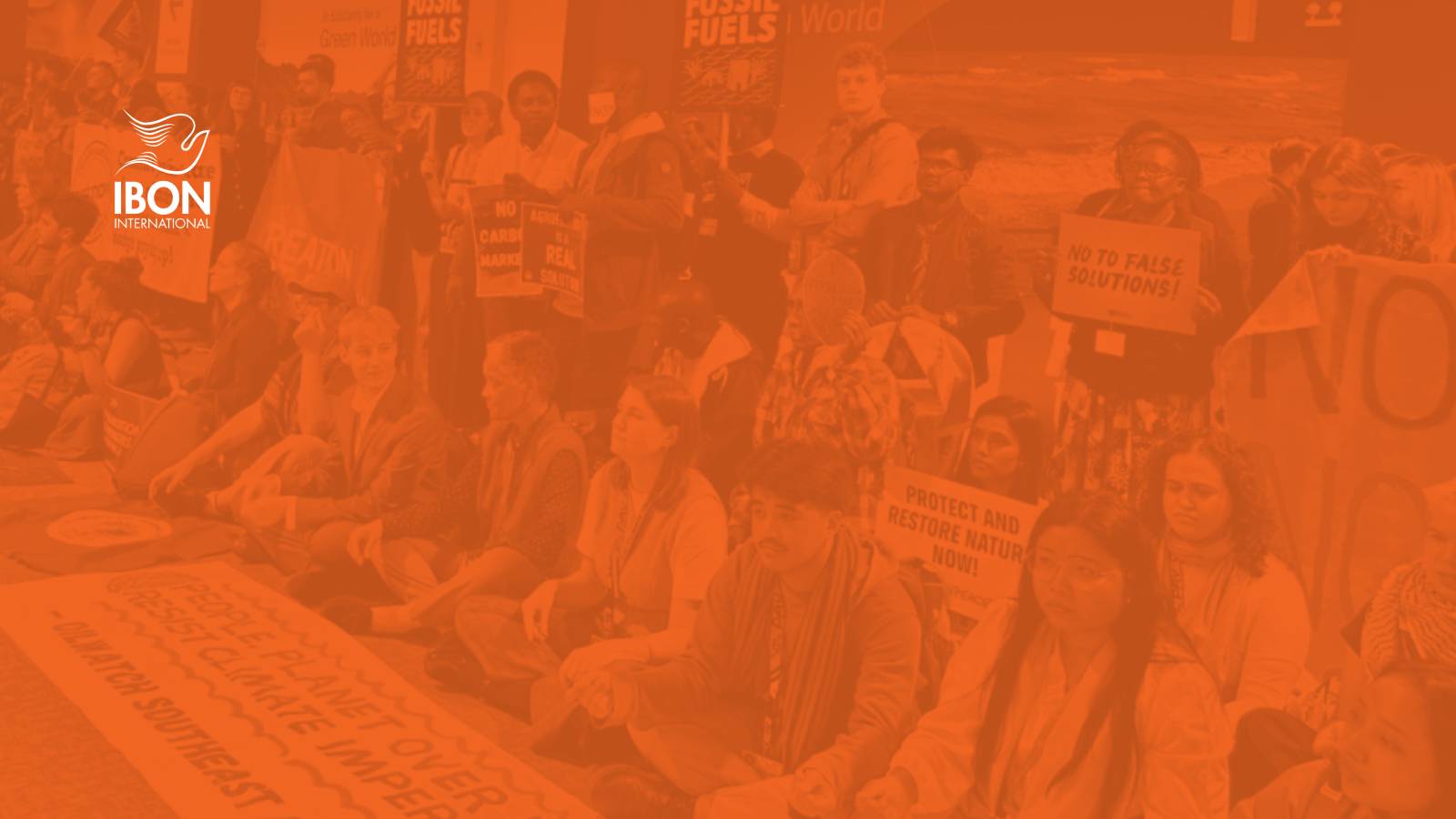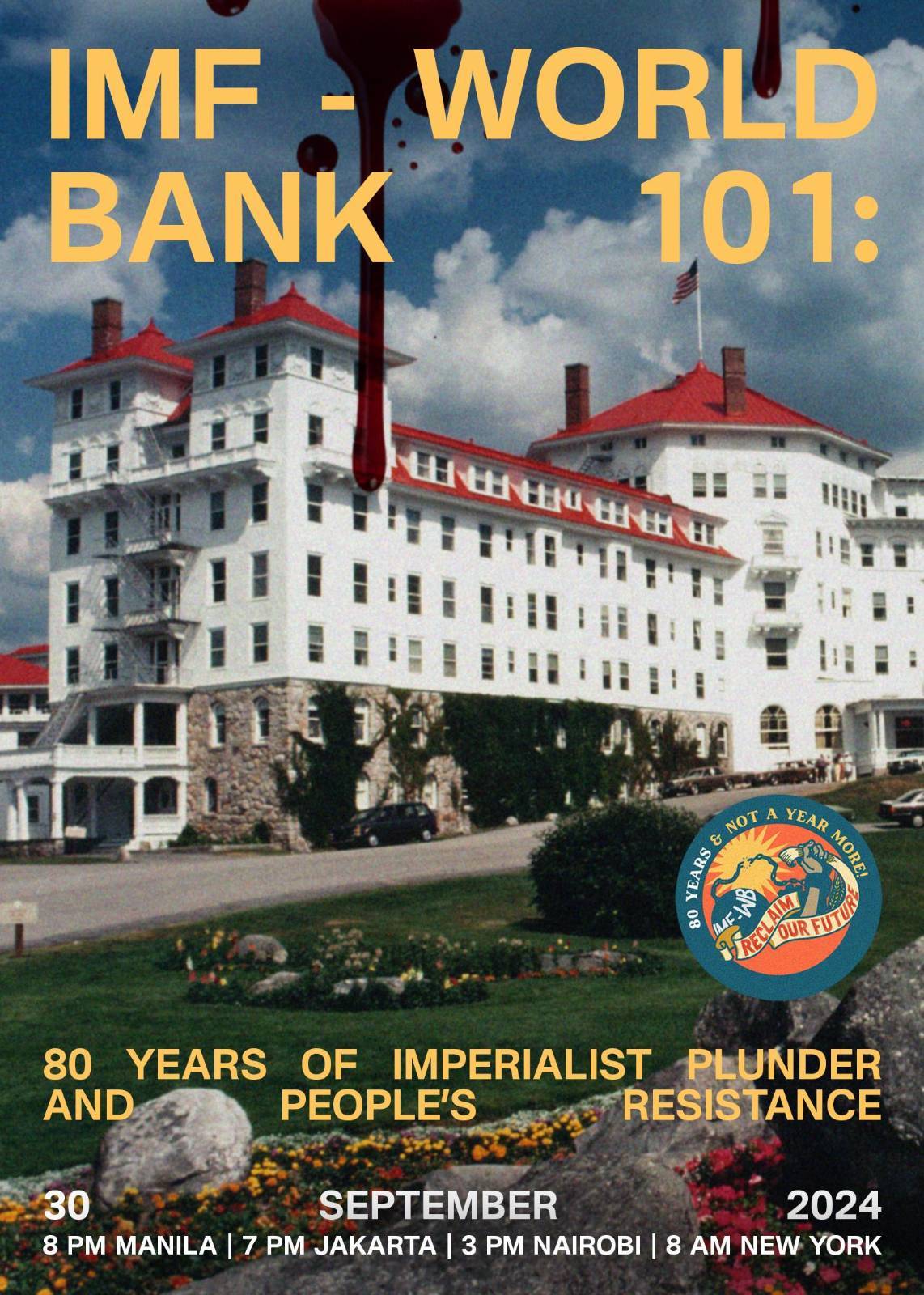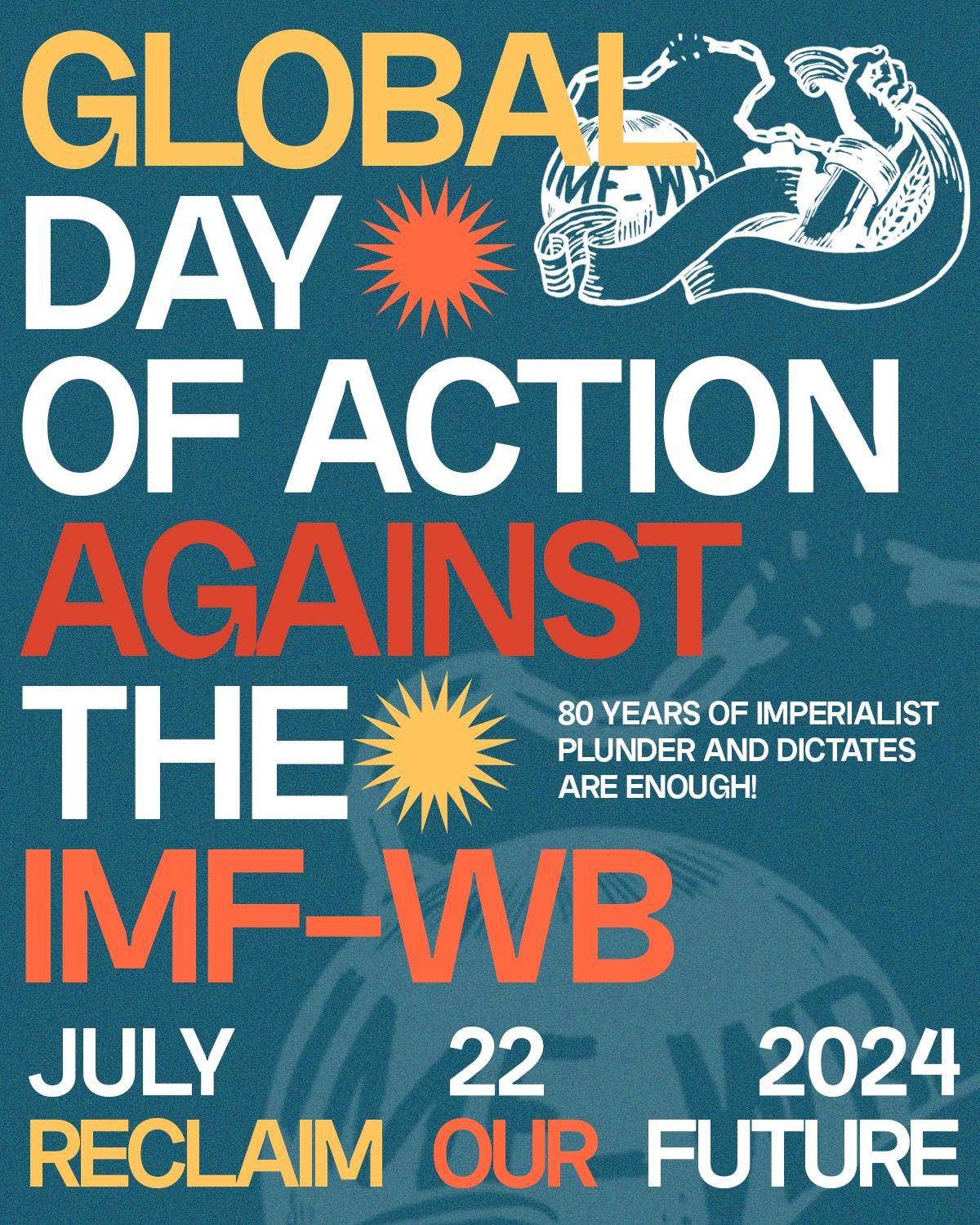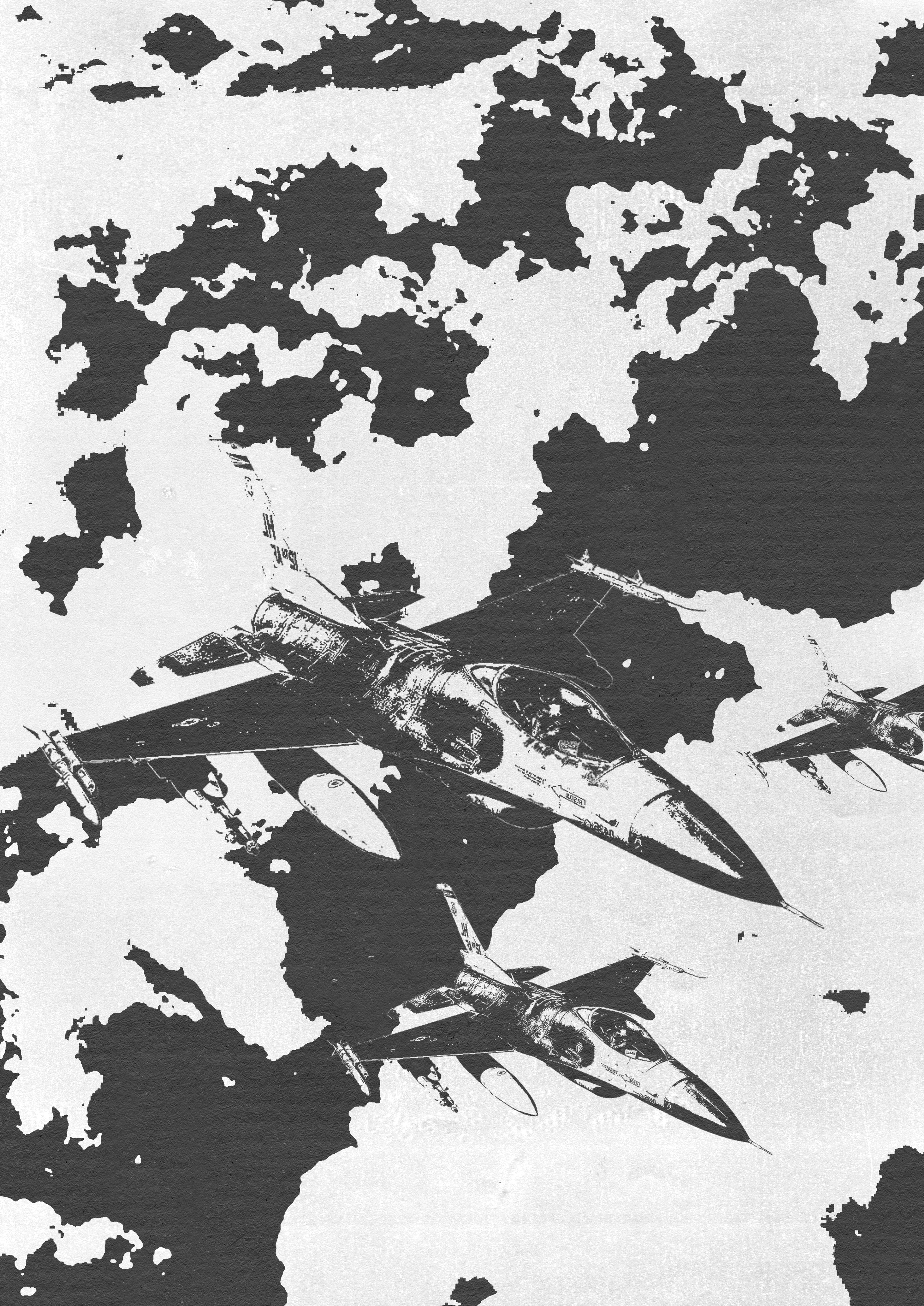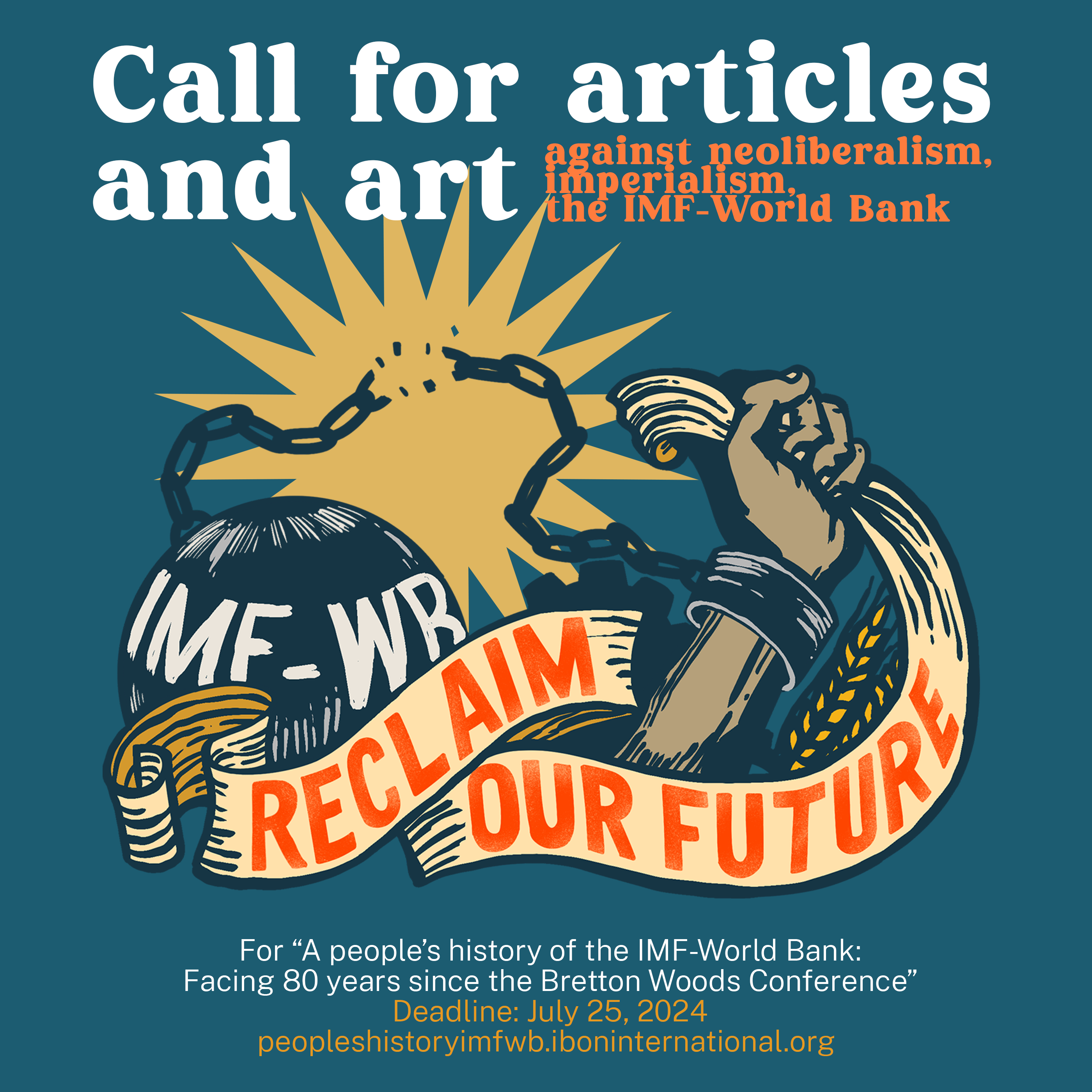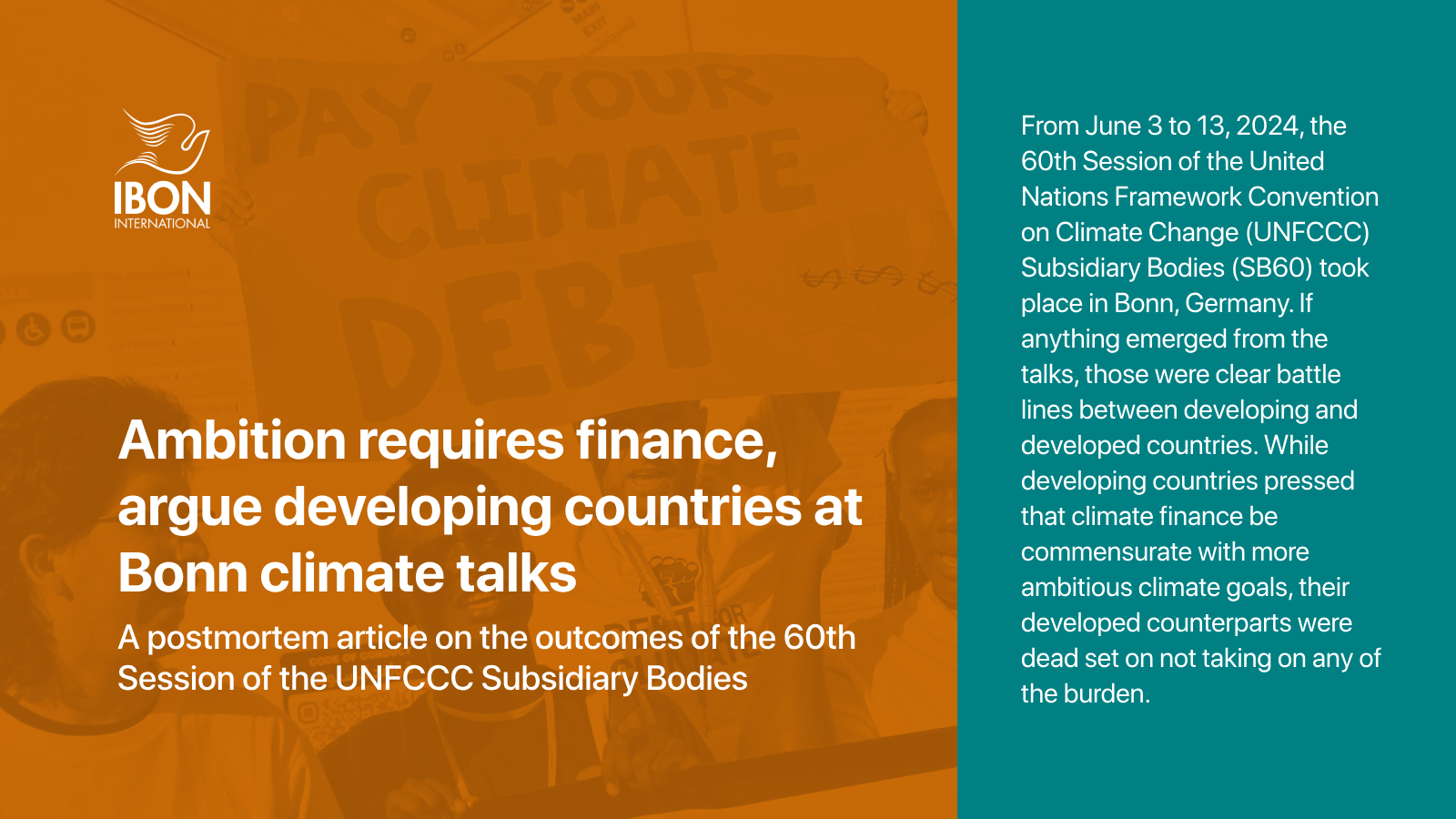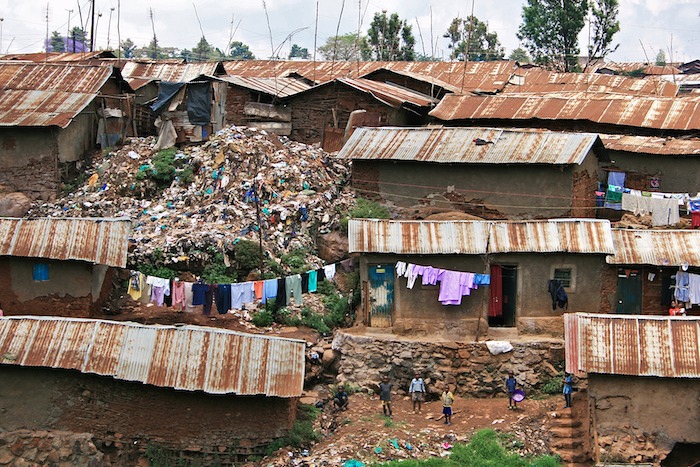In March 2025, two months before the 2025 midterm elections in the Philippines, IBON International launched its newest publication, Remembering, Resisting: Realities of people’s struggles under the second Marcos regime, to ground state narratives of an improving rights situation within realities and struggles in the country. The March book launch took the form of an online forum, with another in-person book launch and forum in Manila during May 2025.
The book is a collection of essays from various people’s organisations aimed at documenting the persisting oppression against their sectors since Ferdinand Marcos Jr. assumed presidency. With the midterm elections held against the backdrop of a collapsed Marcos-Duterte alliance and their growing feud, the country’s tense political climate, described by the narratives in the book, is anticipated to continue.

Trials, tribunals
Remembering, Resisting: Realities of people’s struggles under the second Marcos regime was first launched through an online forum co-organised by IBON International and the Faculty of Arts and Social Sciences (FASS) of The Open University in London. In the forum, people’s organisations and civil society groups discussed the issues they confront amid the Marcos Jr. administration’s whole-of-government approach to its counter-insurgency campaign and other policies that impinge on people’s rights.
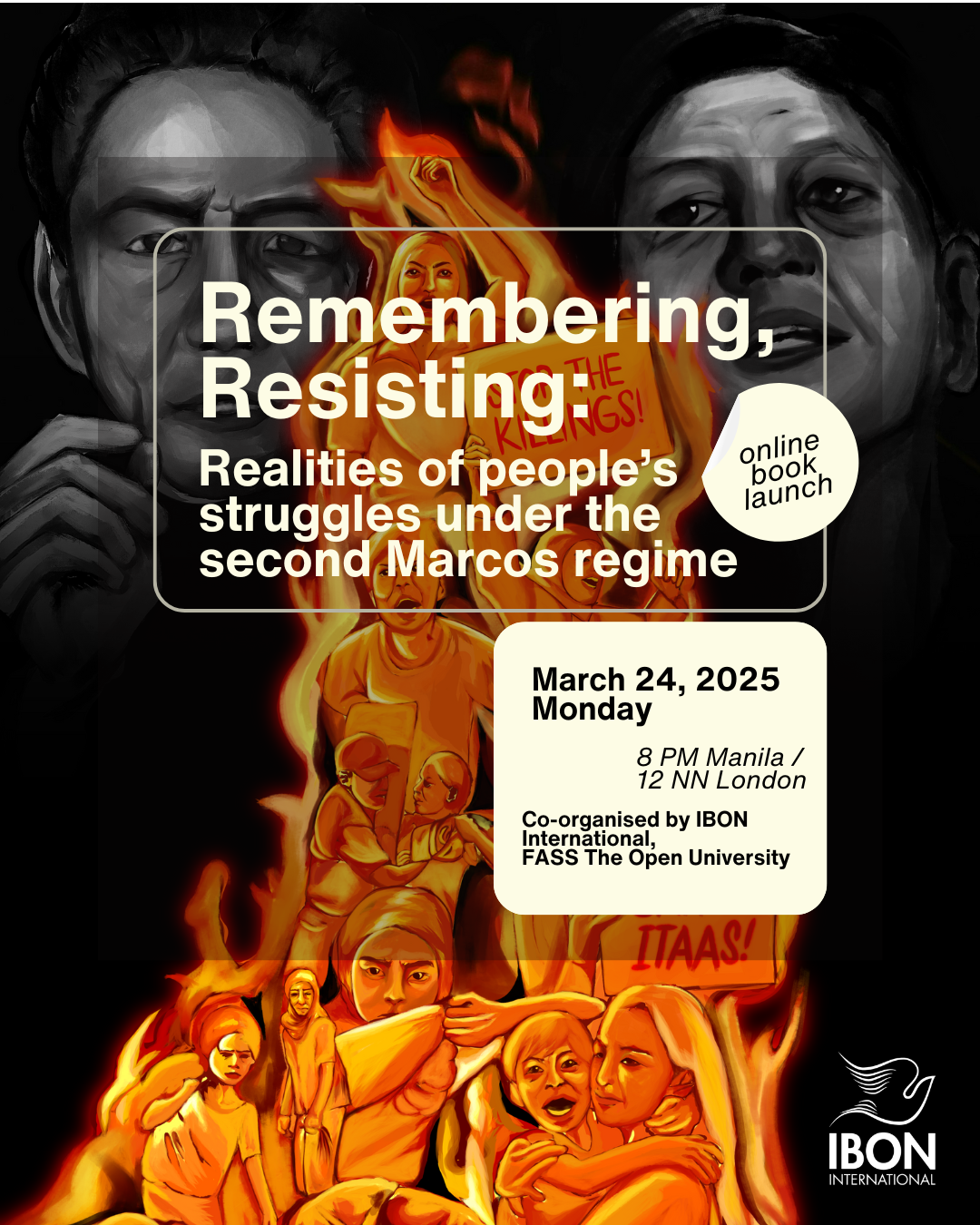
Junjun Genol of Paghidaet sa Kauswagan Development Group (PDG) shared his organisation’s experience with relentless terror-tagging from state forces. By advancing farmers’ rights and genuine agrarian reform in Negros Occidental, PDG has faced harassment and intimidation in its operations. Its former executive director and pro-bono lawyer, Ben Ramos, was murdered under the Duterte administration. Six years later, PDG became a victim of yet another counter-insurgency scheme: two PDG staff were among the 73 individuals across the country falsely accused of funding terrorist activities.
An eventual court decision, which dismissed the charges, may have been favorable, but Genol noted the challenges the situation already posed to their organisation: “It stifled our services and development work because the officers arrested were vital community organisers. It also developed a chilling effect on the rest of the PDG and other organisations in the region.”
The surge in terrorism financing charges against civil society organisations can be traced to the Philippine government’s Project “Exit the Greylist”,¹ aimed at removing the country from the “Grey List,” a list of countries identified by the Financial Action Task Force (FATF) as having strategic deficiencies in combating illicit financing. Now touting a better reputation and increased investor confidence following the country’s exit from the list in February 2025, Marcos Jr. promises economic growth for the Philippines.
Genol called on civil society, people’s organisations, and the international community to expose and oppose laws used by the government to stifle its critics, and to struggle against transnational corporations (TNCs), corrupt officials, and elites benefitting from attacks against grassroots organisations.
Rochelle Porras of the Ecumenical Institute for Labor, Education, and Research (EILER) belied the economic gains claimed by the government. In reality, Porras said, Marcos Jr.’s economic policy remains hostile against workers, as they enable precarious work, poverty wages, and union busting. These very conditions drove the March 2025 strike staged by the workers of Nexperia Philippines Inc.—a subsidiary of a Dutch and China-owned global semiconductor corporation that manufactures chips for the automotive and computing industries.
“The recent workers’ strike lasted four days, carrying the demand for a dollar wage increase per day. The management, however, offered less than a cent in US dollars. The strike was also met with an Assumption of Jurisdiction order from the Department of Labor and Employment (DOLE), which stifles the workers’ fundamental freedoms to associate and strike,” said Porras.
The strike successfully resulted in a daily wage hike and the reinstatement of two retrenched union officers. Porras credited the strike’s success to the unyielding struggle of the workers: “The advantage of a strong union is that they will seek victory, and community members will support them. The Nexperia workers’ strike was victorious, despite the government’s militarisation and connivance with big capitalists. It is only through advancing a common goal—to free the oppressed and marginalised—that we can reach a development that benefits everyone.”
The Philippine labour movement continues to fight for living wages and better working conditions.
The Marcos Jr. government announced on its inauguration’s third anniversary a PHP 50 (USD 0.80) daily wage increase for the national capital region starting July 2025, bringing the minimum wage rate in the capital to PHP 695 (USD 12)—insulting amounts compared to the PHP 1200 (USD 21) living minimum wage and even to the PHP 200 (USD 3.50) Congress-proposed nationwide wage increase supported by labor unions. This move came after Marcos Jr. refused to certify the legislated wage hike bill as urgent, which ultimately hindered its ratification in the 19th Congress.
Peter Murphy of the International Coalition for Human Rights in the Philippines (ICHRP) supplemented the discussion with the findings of the 2024 International People’s Tribunal, which unanimously found the United States-backed Duterte and Marcos regimes guilty of rights violations. In March 2025, the International Criminal Court detained Rodrigo Duterte in The Hague to face trial on the charges of crimes against humanity.
“Duterte and Marcos Jr. designated the progressive movement in the Philippines as terrorism, and have waged war against it to attain so-called peace… Since the people’s tribunal, Marcos Jr. has applied for a seat in the UN Security Council. The tribunal’s findings negate the administration’s phony claim of an improved human rights situation in the country,” said Murphy.
According to ICHRP’s International Observer Mission (IOM) report on the midterm elections, red-tagging–to brand persons or groups as communists as a prelude to repression–was the top electoral violation during the campaign period, targeting progressive candidates, particularly the Makabayan coalition candidates of the left.
“Duterte’s arrest magnified the tribunal’s findings. It tells the whole world that the Philippine judicial system failed the Filipino people, necessitating the ICC’s intervention. Marcos was not cooperative with the ICC, but rather complicit in Duterte’s violations,” Murphy added.
The outcome of the 2025 elections, which seated Duterte allies into the legislature, tends to consolidate the faction’s political hold following the ICC arrest. At present, the Upper House refuses to convene an impeachment process against Vice President Sara Duterte and has delayed the trial multiple times. The delays are crucial for the Vice President’s hopes for a presidential bid in 2028. Social movements have staged protest actions to urge the Senate to proceed with the impeachment trial.
Struggle persists
During the 50th anniversary of the University of the Philippines Manila’s social science department in April 2025, IBON International collaborated with its Political Science Program for a forum on people’s realities halfway to Marcos Jr.’s presidency. The discussion elucidated on transportation and education issues, resonating with the audience composed largely of student commuters.

Mody Floranda from transport group Pagkakaisa ng mga Samahan ng Tsuper at Operator Nationwide (PISTON) shared their persisting struggle against the bogus modernisation program of public utility vehicles (PUV): “During the Aquino administration, discussions on modernising our jeepneys started with modifying the body parts. We welcomed this with the impression that it would help our local vehicle body builders.”
“But in 2017, they released the Department Order No. 2017-011. We realised that its neoliberal guidelines, such as the emphasis on private sector involvement, would lead to the phase out of our livelihood. Franchise consolidation meant that one corporation would operate in a route, dissolving individual operators,” Floranda added.
In June 2025, the government announced that the so-called PUV modernisation program would push through. According to PISTON, Marcos Jr. falsified the 80% nationwide consolidation rate it touts to justify the policy, whereas 70% of operators in the country’s national capital region have yet to be consolidated. The government is hastening the modernisation program amid rising fuel costs, which have surged by 10% since January 2025, according to PISTON. This burdens both the drivers and commuters who dread a fare hike.
“If the government truly wanted to improve public transportation, they would have aimed for a nationalised industry instead of crippling measures that are foreign-dependent. The history of our jeepneys, where our local body builders refined the ones brought by the US, proves that we have the capacity for our industry,” said Floranda.

The same neoliberal policies that impede public transport poison the education system. Kej Andrés of the Student Christian Movement of the Philippines (SCMP) described the country’s education system as colonial, commercialised, and repressive.
“Despite free education in state universities and colleges, accessibility remains bleak for the majority of our youth due to constant budget cuts,” said Andrés. For the 2025 fiscal year, the country’s education department would suffer from a PHP 12 billion (USD 210 million) budget cut. The quality of education this produces manifests in the country’s global ranking for future readiness, where the Philippines ranked 74th out of 177 countries.
Andrés also touched on the prevailing export-orientedness of education: “State universities like the University of the Philippines, which was created during American colonialism, have and continue to breed technocrats and bureaucrats that serve the colonial agenda. In addition, the unjust working conditions prompt our graduates to pursue their professions in other countries.”
During the open discussion, one student shared their concern with the growing indifference and dwindling participation among the youth, to which Floranda and Andrés emphasised the importance of linking with the broader society to understand peoples’ motivations and struggles. Andrés noted, “It is through collective action that we can counter narratives that have been co-opted by the ruling class. We must then encourage the youth to share their talents that inspire actions towards a better future.”
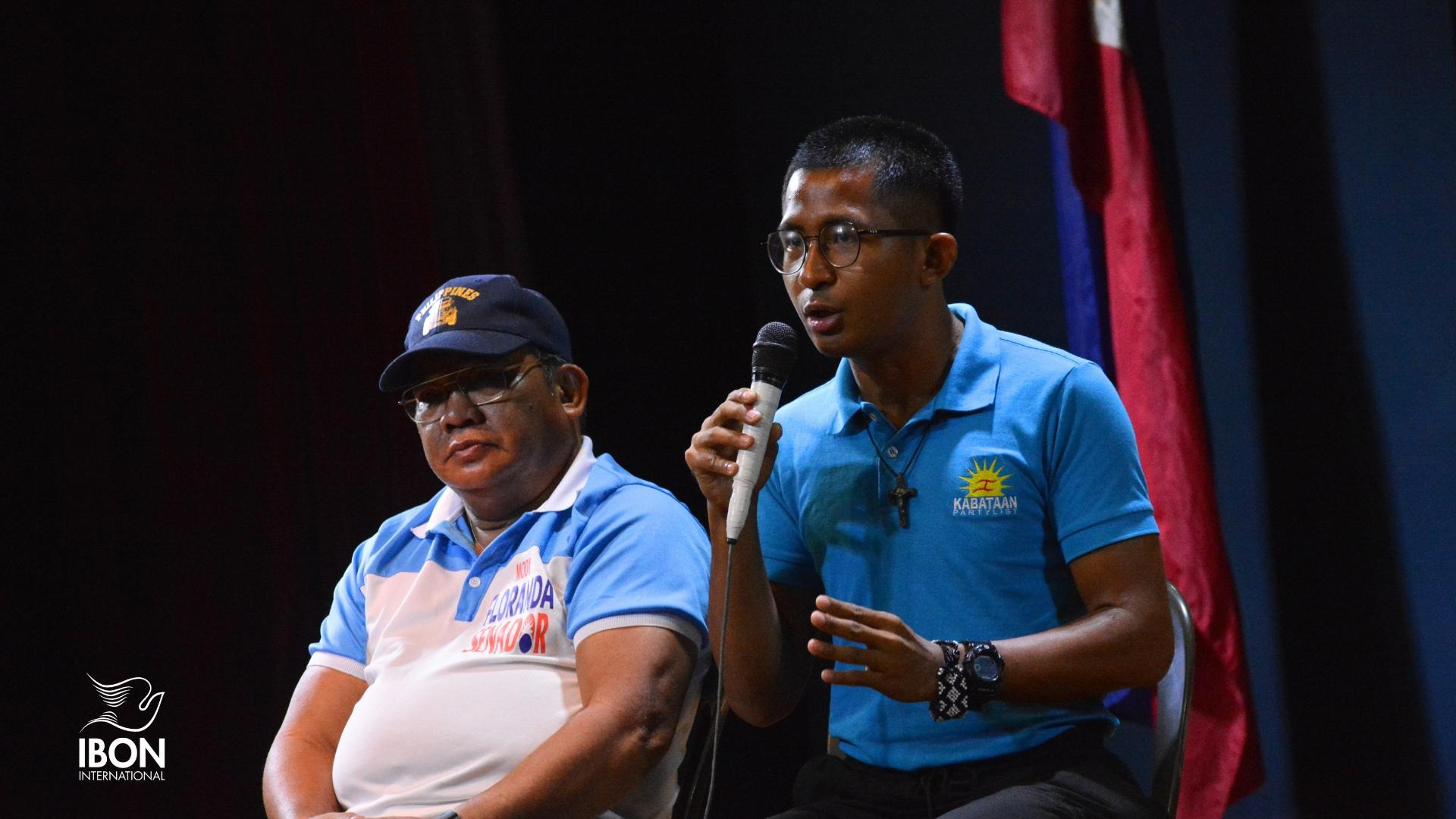
In both forums, which took place at the height of the electoral campaign period, social movements, civil society organisations, and the academe shared the sentiment that political participation through mobilising in electoral campaigns is one element in a larger struggle for a just and emancipated society. For the second half of Marcos Jr.’s term, political clans still dominate the ranks of incumbent senators and representatives. The election results indicate the same kind of elite-led government for the next three years. Beyond electoral processes, the people continue to forge possibilities amid shrinking civic spaces and violence; as oppressive trends continue, so do the people’s struggles. #
[1] Philippine Center for Investigative Journalism (PCIJ). 2025, February 23. Police memo links PH’s exit from money laundering ‘grey list’ to activist crackdown allegations.

